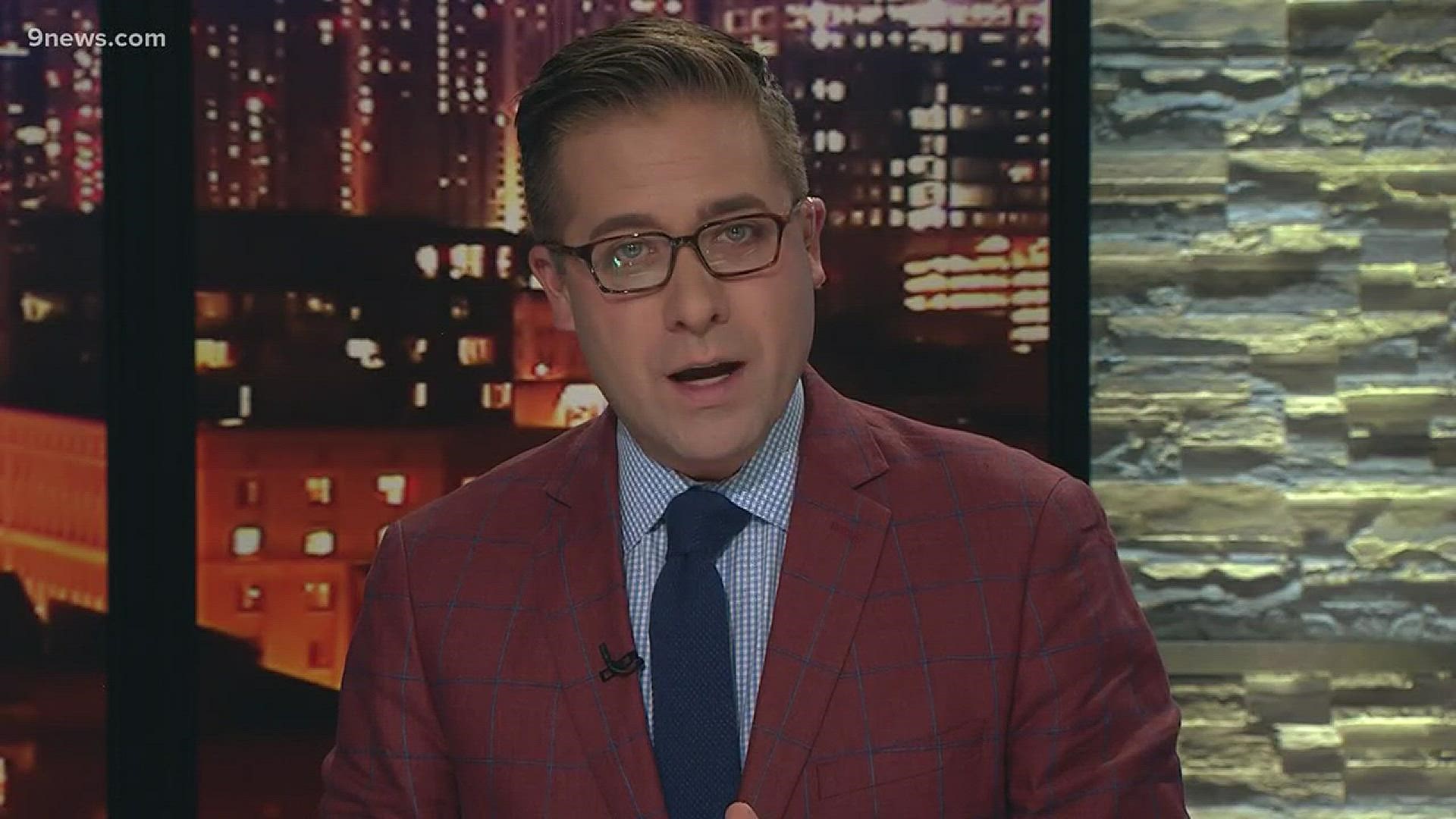AURORA — University of Colorado Hospital and St. Anthony North Health Campus recently received $400,000 each from the Office of Behavioral Health to expand access to treatment for opioid addiction in emergency departments.
Typically, emergency rooms will monitor opioid overdose patients and release them once they detox. Fearing becoming sick, those patients often quickly return to the vicious cycle of addiction. UCHealth’s new plan, which has been in effect since June, offers opioid abusers Medication Assisted Treatment (MAT), powerful drugs that combat addiction and put people on the path to sobriety.
“We've had people crying saying they've gone to emergency department to emergency department asking for help and that everyone treats them like an addict, trying to get oxy on their way out the door. But, we're actually treating them as a person with a chronic disease,” said Angela Khoshnoud, who runs the care management team in the ER.
She explained that the model developed at UCHealth can be more time consuming than most emergency departments allow for. A patient might spend a couple hours trying to recover from an overdose. But now, in this emergency department, patients are staying until staff members start to see withdrawal symptoms which could take up to 24 hours.
That’s when the Suboxone, a drug that helps people fight the terrible side effects of opioid addiction, is administered.
“The opioids came in when I broke my spine. I was 18 years old, fell off a three-story building and I had a compression fracture,” said 26-year-old Joshua Hinshaw, UCHealth’s first emergency room patient to start MAT.
He has a long history of addiction. His father introduced him to meth as a teenager. The fall led to opioids and the opioids led to much cheaper heroin. He believes he’s overdosed eleven times. One overdose led to a coma.
“My brother died in 2011 from an opioid overdose. He died in his sleep when I was in a coma. I was in a coma in Houston, woke up and found out he was dead. He was 23 when he died. My mom died seven months later. So yeah, my mother and my brother are both dead. From drugs.”
Even that tragedy wasn’t enough to make him quit. He became homeless in Colorado, continued using and one day, walked into the emergency department looking to detox.
Instead, he was introduced to the new MAT program.
“It was either that or I was going to take a half gram shot to the vein and end it. I was hopeless, life was, I was living a life that had no meaning, ”
Hospitals like UCHealth have community partners that help continue the treatment plan started in the ER. 33 patients have started on suboxone there and 85 percent of them have followed up with those partners to continue the path to sobriety, including Joshua. He’s in a sober living house, got a job, a car and plans to go to trade school.
“I’ve had enough, you know. I am ready to live a boring normal life,” Hinshaw said.
It’s early in the program but Khoshnoud’s encouraged by the signs of success.
“Patients with opioid use disorder have been trying to get help. But if you’re homeless, you don’t have a phone, don’t have a valid ID, don’t have insurance, you can’t just walk in and refer yourself,” she said, reiterating what patients tell her.
She and the team at UCHealth have done much of the legwork to kick off a program like this. They hope to share it in the future with other hospitals across the state looking to help combat the opioid epidemic.

